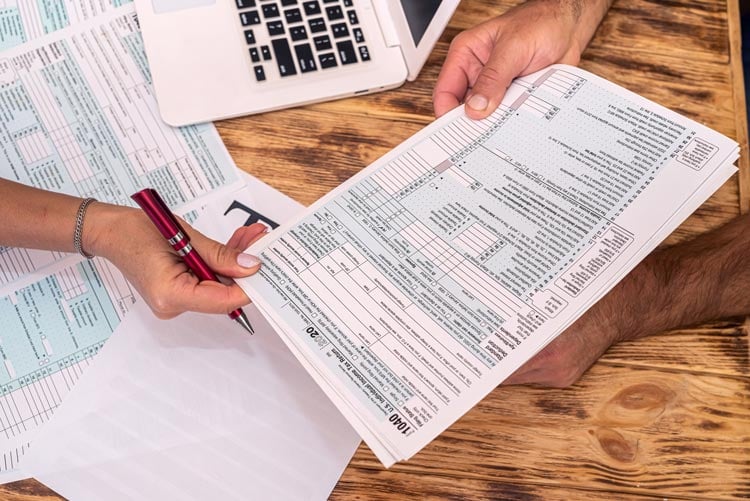How to Help Your Clients Diversify Their Real Estate Holdings
Real estate diversification is about far more than choosing different locations and sectors to invest in. The topic is extremely deep. Location and sector-based investing are only skimming the surface. When discussing diversification with your clients, the following lists should be a minimum: Markets and Demographics Sectors Public vs. Private Deals Diversification Through Single Funds and Syndications Equity vs. Debt Deals Factoring In Economic and Demographic Projections
Do You Have to Pay Capital Gains on Livestock?

We’ve written plenty of articles about capital gains and capital gains taxes on the sale of real estate property. But one question that comes up frequently is whether sales of other property types can trigger capital gains taxes. When it comes to farming, for example, does a farmer who sells livestock have to pay taxes on the gain from that sale?
How Do You Calculate Gross Profit Using Installment Sales?

In previous blogs, we’ve discussed ways to defer capital gains taxes. A couple of examples are using the 1031 exchange or tax-loss harvesting.
Can You Change Title After a 1031 Exchange?

The 1031 exchange involves the exchange of relinquished real estate into replacement real estate, with the goal of potentially deferring taxes on capital gains. But rules need to be followed when completing a like-kind exchange to ensure that it’s valid to the IRS. One of these rules involves ownership of both the relinquished and replacement properties.
What Are Financial Planning Tools for Real Estate?

Technology has completely changed the way financial advisors and wealth managers help their clients reach short- and long-term financial goals.
How to Identify a Replacement Property for a 1031 Exchange

The idea behind 26 U.S. Code § 1031 – “Exchange of Real Property held for Productive Use or Investment” – is that the investor can trade relinquished real estate for properly identified as replacement real estate to benefit from a capital gains tax deferral.
What is Cap Rate Compression?

Real estate investors seeking potential places to park their investment capital often examine cap rates to determine the viability of investment opportunities.
Can You Combine a Reverse and Forward 1031 Exchange?

For many real estate investors, the primary objective of completing a 1031 exchange is to defer capital gains taxes generated from the sale of their investment properties.
Can You Exchange One 1031 Property for Two?

Selling an investment property can bring about many difficult decisions.
What is Constructive Receipt?

Constructive Receipts are cash transactions and can have negative IRS consequences if not processed correctly. By cash transactions, we mainly mean physical checks. When a company receives a check, there is a delay until the money appears in the company’s bank account. This process is where constructive receipts come in.


